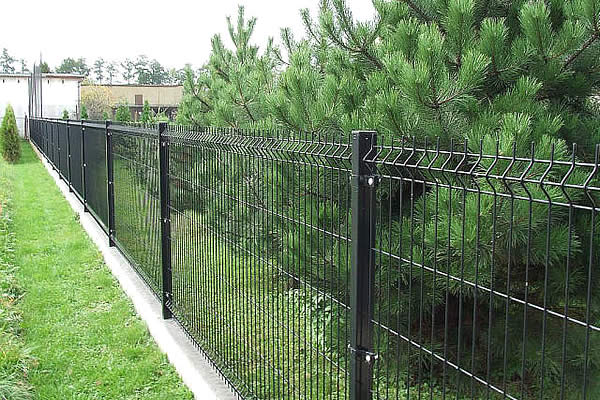 TEL:
+86-13102802206
TEL:
+86-13102802206
 Email:
fencenetting@china.com
Email:
fencenetting@china.com
 Language
Language
 TEL:
+86-13102802206
TEL:
+86-13102802206
 Email:
fencenetting@china.com
Email:
fencenetting@china.com
 Language
Language


Exploring Chain Link Fence Options for Your Property
When it comes to securing your property while maintaining visibility and airflow, chain link fencing is an increasingly popular choice among homeowners and businesses alike. Its durability, low maintenance, and cost-effectiveness make it an ideal option for various applications. In this article, we will delve into the different options available for chain link fencing, exploring their benefits and how to choose the right one for your needs.
1. Heights and Sizes
Chain link fences come in various heights, typically ranging from 3 feet to 12 feet. The height you choose will depend largely on your purpose. For a garden or yard boundary, a 4 to 6-foot fence may suffice, while a taller fence is necessary for security at commercial properties. It's also important to consider the gauge of the wire; a thicker gauge means a sturdier fence. Common gauges range from 11 to 14, with 11 being the thickest and most durable option.
2. Coating and Material Options
Traditional chain link fences are made from galvanized steel, offering significant strength and resistance to rust and corrosion. However, for enhanced aesthetics and longevity, you might want to consider vinyl-coated chain link fences. These come in various colors, allowing homeowners to match their fencing with the overall design of their property. The color not only adds a decorative touch, but it also helps protect the underlying metal from the elements.
3. Accessories and Custom Features
Chain link fences are highly customizable through various accessories. Options like slats can be added to increase privacy without sacrificing the benefits of visibility and airflow. These slats come in different materials and colors, such as aluminum or PVC, providing an opportunity to enhance the visual appeal of the fence. Additionally, gates can be customized to fit any opening, ensuring easy access while maintaining a secure perimeter.

4. Installation Options
When it comes to installation, you have the option of a DIY approach or hiring professionals. A DIY installation can save money, but it’s essential to understand local zoning and building codes. Ideally, property owners should ensure they secure any necessary permits and follow regulations to avoid penalties. For those who prefer a hassle-free experience, hiring a professional fencing contractor can guarantee a quick and efficient installation while adhering to local requirements.
5. Maintenance Considerations
One of the most significant advantages of chain link fencing is its low maintenance requirements. Regular maintenance typically involves checking for rust and ensuring that the posts and fencing structure remain secure. For galvanized chain link fences, a simple wash with soap and water once or twice a year is usually sufficient. Vinyl-coated options do not require as much maintenance, but periodic inspections are still prudent to ensure longevity.
6. Cost-Effectiveness
Cost is often a significant consideration in any fencing project. Chain link fencing generally offers a more affordable option compared to other materials such as wood or vinyl. The price will be influenced by factors such as height, gauge, and coating options; however, the overall longevity and durability of a chain link fence can result in lower long-term costs.
Conclusion
Chain link fencing provides an excellent combination of security, visibility, and affordability, making it a popular choice for both residential and commercial properties. By carefully considering the height, material options, custom features, installation methods, maintenance requirements, and overall cost, you can select the ideal chain link fence that meets your specific needs. Whether you're looking to protect your home, define your property line, or enhance the aesthetics of your landscape, chain link fencing remains a versatile and practical solution.